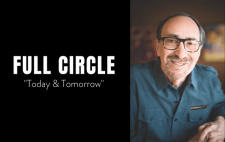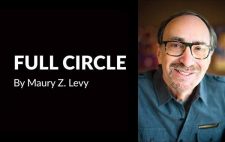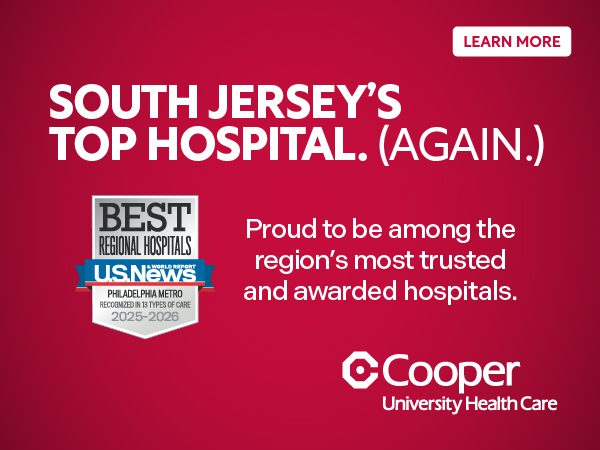My father had healthcare. It was my mother. A cup of tea with honey here. A mustard plaster there. That’s all he ever wanted.
At night, after he ate his tomato stuffed with tuna and sat in his big green chair with the little green ottoman, reading the four-star final of “The Evening Bulletin,” he would groan. It wasn’t a loud groan, just a grunt of a groan every time he moved.
“Do you want a hot water bottle?” my mother would ask him. Where I grew up, the hot water bottle was our version of universal healthcare. It was used for ailments big and small. Stomach ache? Hot water bottle. Pain in the back? Hot water bottle. Did it help? Nine out of ten doctors said it couldn’t hurt.
But some nights, my father needed more. The grunts were louder and much more frequent.
“Did you wear your garment today?” my mother would say.
My father wore “a garment.” I don’t know what the garment was. I don’t know what the garment did. But I knew he wore a garment.
“No,” my father said. When he was in pain, he was a man of few words.
“I told you to wear your garment. Why didn’t you wear your garment? That’s why we got you a garment.”
My father would use his trusted strategy of communicating with my mother. He ignored her.
“What’s a garment?” I asked.
“It’s a thing,” he said. You don’t need to know.”
It was conversations like this that drove me to my biggest hobby as a child. Staring out the window.
All I knew about the garment is that it was worn underneath the pants and below the belt. And it was something medical.
Healthcare was so much simpler then. Specialists? We never went to specialists. We went to the doctor on the corner, the one who had his office in his basement, the one who drove the only Buick on the block. If he didn’t know what ailed you, you just couldn’t be fixed.
Today, I have more doctors than hair. I even have a pain management doctor for when the other doctors can’t help me.
My father would have thought this to be very foolish. In those days, pain management consisted of deciding how many Bayer aspirins to take.
My father would get a particular chuckle over the fact that I go to a sports medicine specialist. Sports medicine? Rub some dirt on it. Walk it off. That was his sports medicine.
When I was 9 years old, I ripped up my knee trying to score from second on a single. If there were such things as MRIs, I would have eventually learned that I tore my ACL. But who knew? There was no bleeding. No stitches were needed. So I limped to school for five months. No big deal. Eventually, as seasons passed, it didn’t hurt so much. And I learned a good lesson in life. Never try to get two bases on an infield single.
If my father shunned any professional group more than he did doctors, it was dentists.
Cosmetic dentistry? Yeah, that meant you filled all your teeth instead of pulling them. Ate a walnut? Cracked a tooth? Get rid of it. A nice dose of gas and you won’t feel a thing. And, in my house, dentistry was for front teeth only. “If it’s not one of your front teeth,” my father would say, “who’s going to see it anyway?”
My father claimed his expertise because, after all those years, he had all of his teeth. In a glass, next to the sink.
“Dentists make too much money,” he said. He must have been right. Lois Krepliak’s father was a dentist and they lived in a corner house. And she always wore braces.
“For what?” my father said. “All that money to make your teeth straight? What’s the point? So we all look the same? Crooked teeth give you character. You think your grandfather had a dentist in Poland? Toothache? Hand me the pliers. Open your mouth. Problem solved.”












